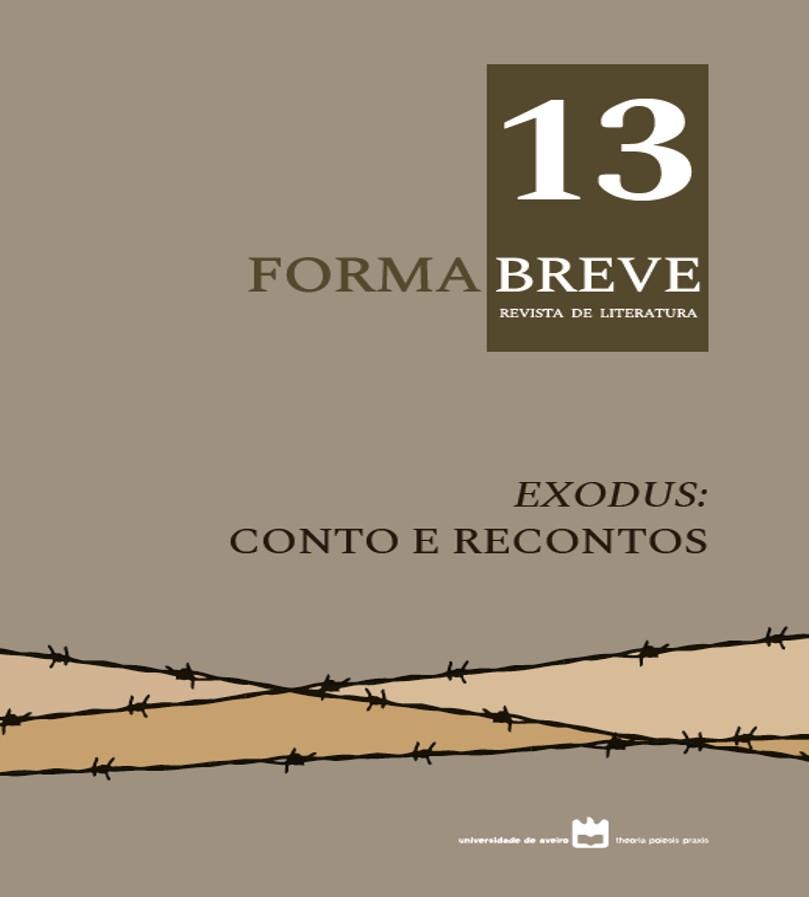A vida em tradução: Najat El Hachmi
DOI:
https://doi.org/10.34624/fb.v0i13.5020Palavras-chave:
hibridação, tradução, escritores de fronteira, línguas em contacto, in-between, terceiro espaçoResumo
Najat El Hachmi is a hybrid writer: she was born in Morocco but moved to Catalonia as a child.
She considers herself Catalan but still feels rejected after many years living in Catalonia. This situation enables her to critically reflect on language, translation, and gender and religion issues of both the source and the target culture. She considers herself part of a border generation, which enables her to understand two different realities.
She has published five books so far – one autobiography and three novels– and has also participated in a book of short stories. Nevertheless, we will focus our paper on those novels in which translation plays a fundamental role: L’últim patriarca (2008) and La filla estrangera (2015). In these works – characteristic examples of “ontological narratives” (Baker 2006: 31) –, the author shows that cultures and languages are not clearly delimited, but merged. These works display life as a continuous translation and mediation process between cultures. Furthermore, El Hachmi also approaches the (im)possibility of translating certain situations because they would not have the same meaning in the target language. In these kinds of situations, and also in the clash of religions, the characters appearing in her novels sometimes have to adopt in-between – Tymoczko (2003), Spivak (1993), Simon (1996, 1999, 2001, 2011), Cronin (2000), Wolf (2000, 2008), Snell-Hornby (2001) and Mehrez (1992)– or in-the-third-space (Bhabha, 1994; Wolf, 2000) translation strategies, as we will explore by means of a number of examples taken from the two novels mentioned above.








